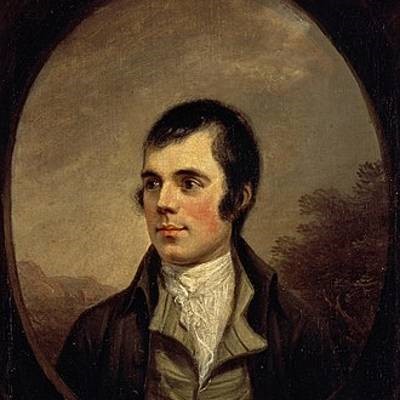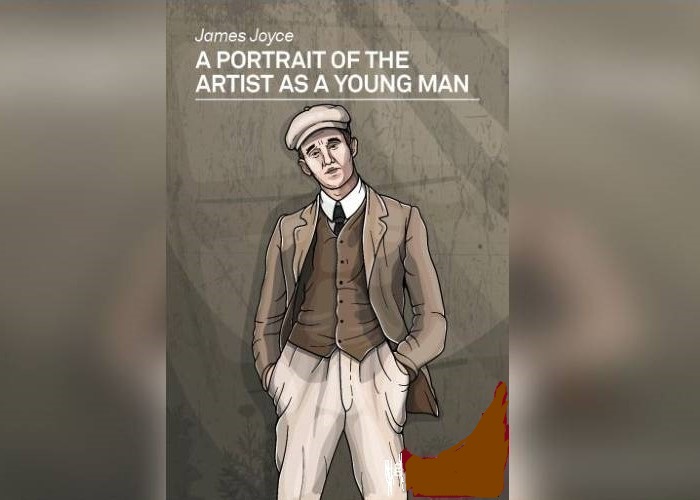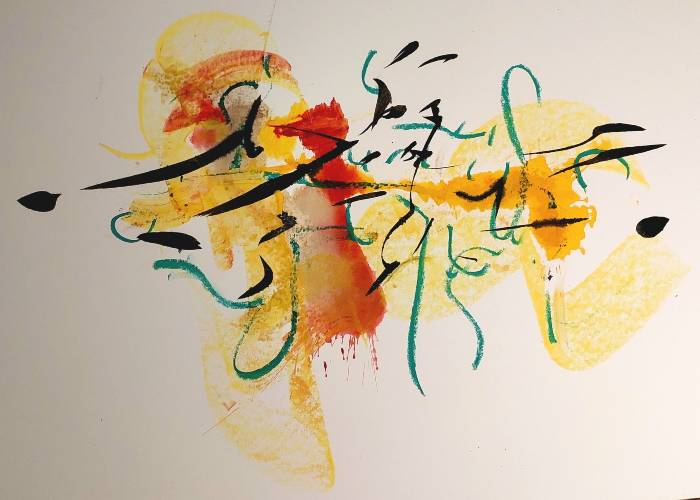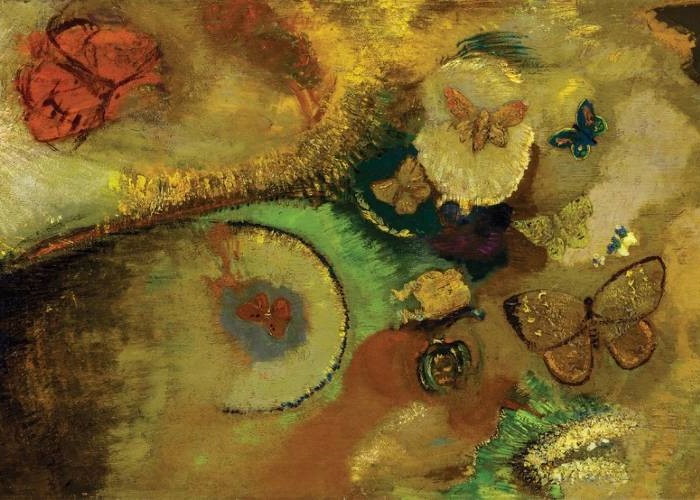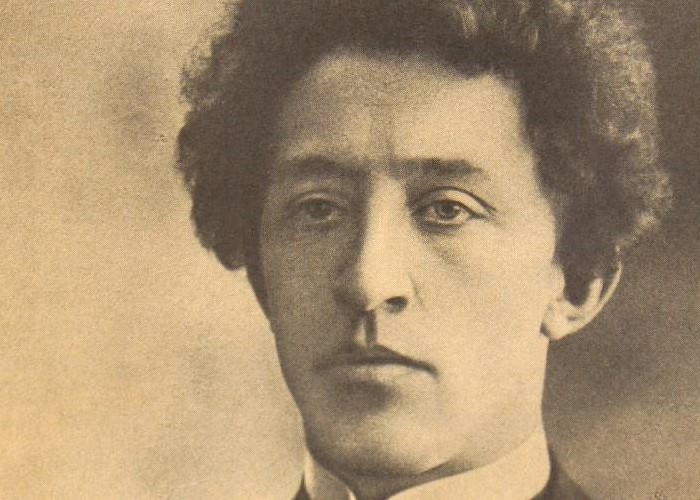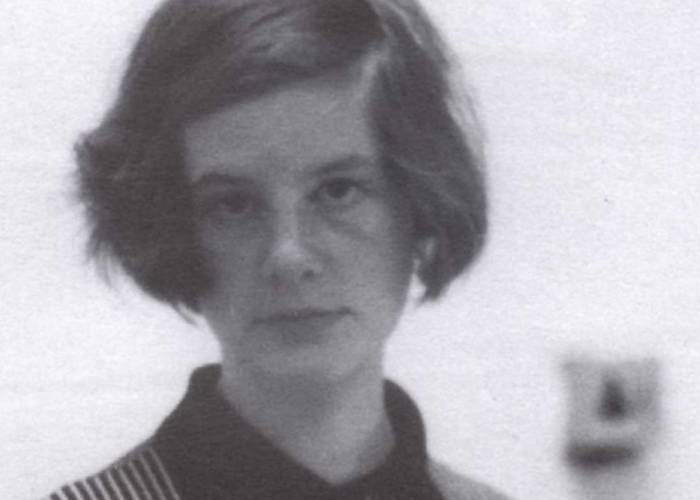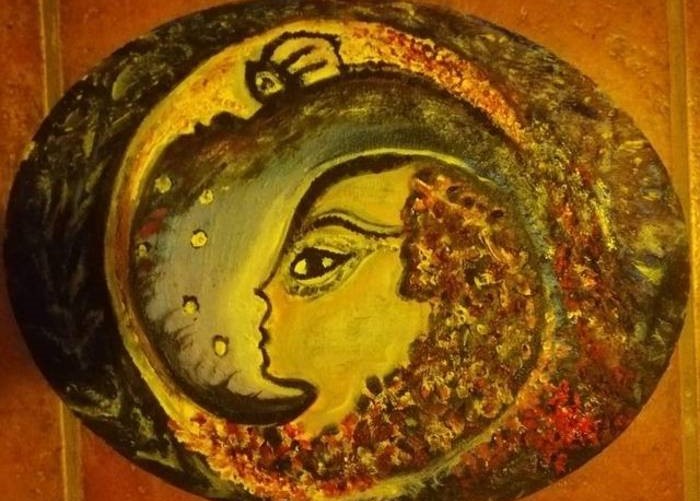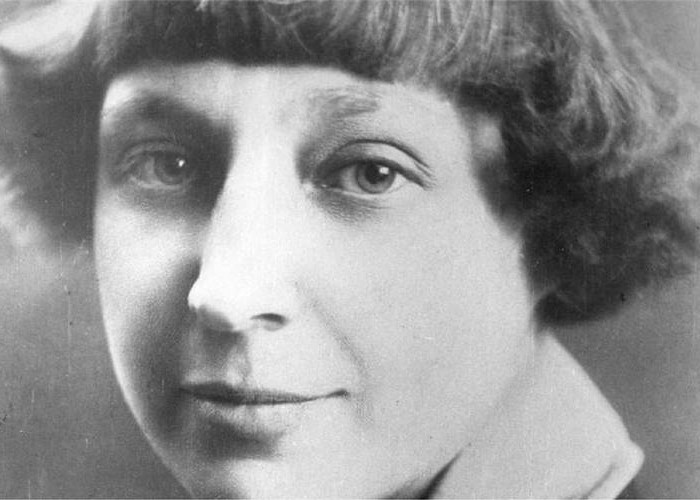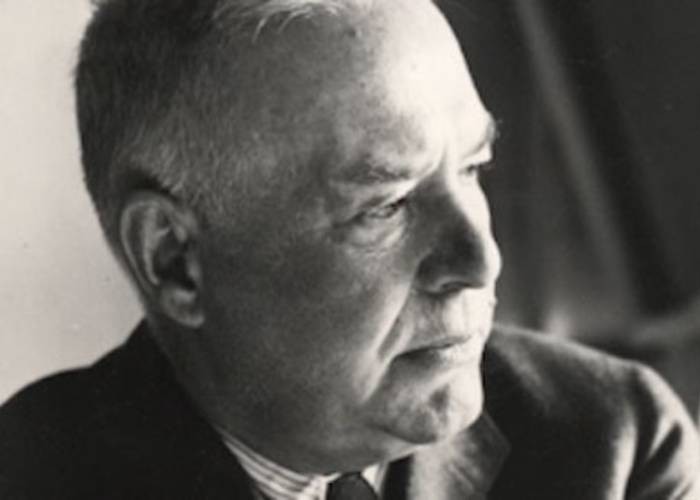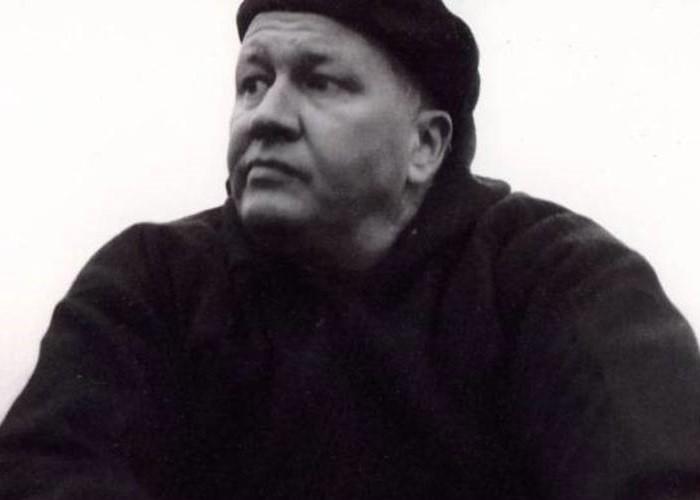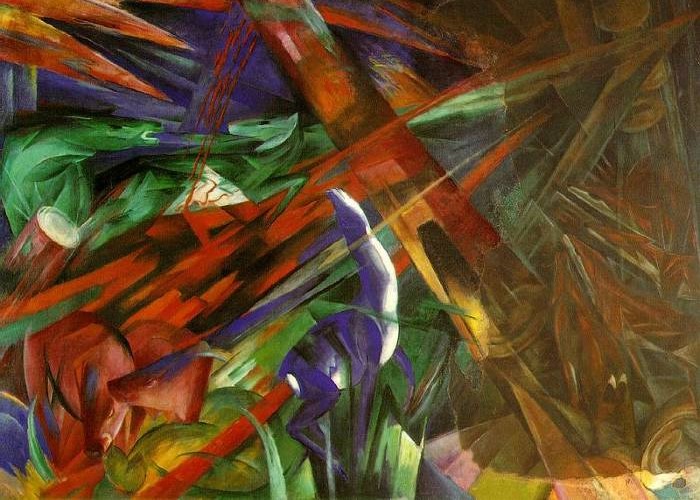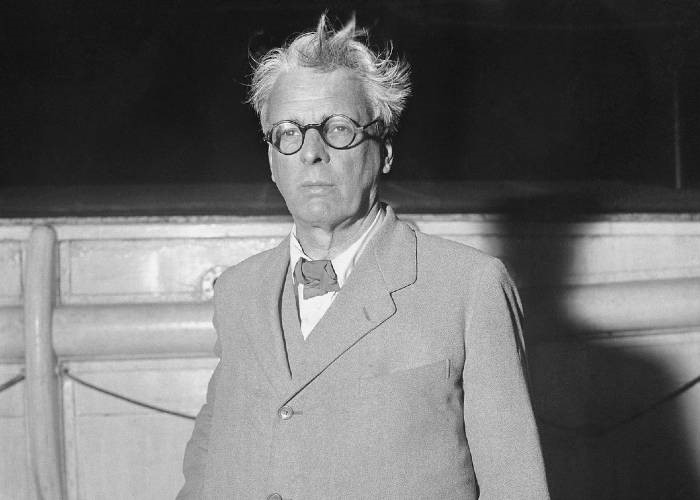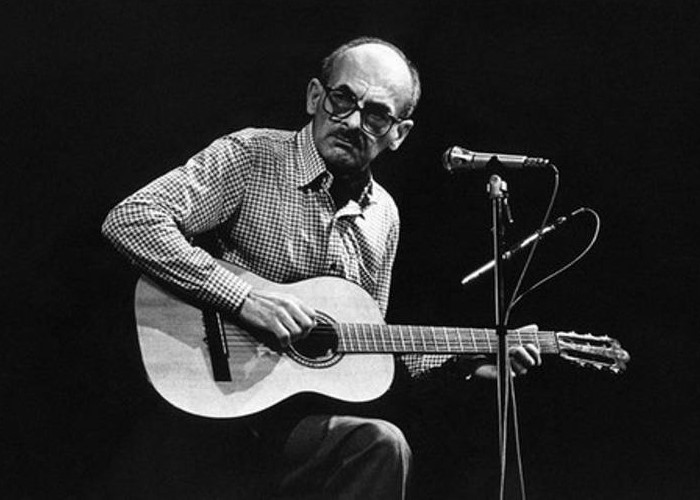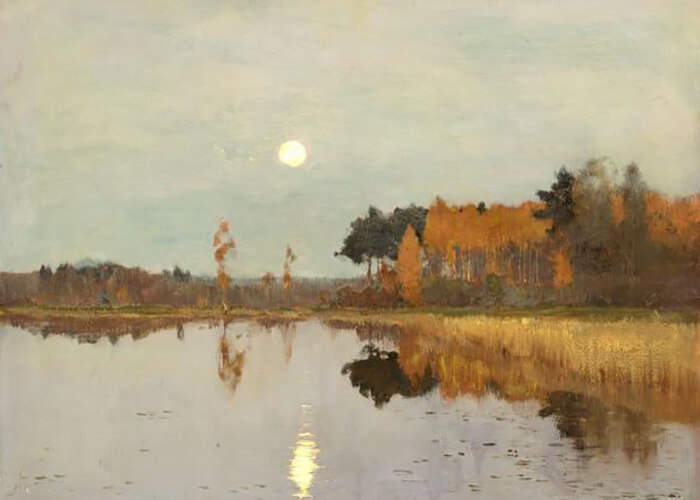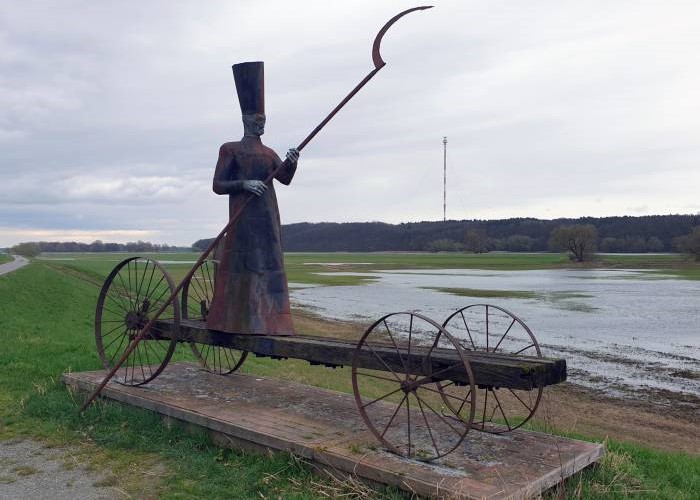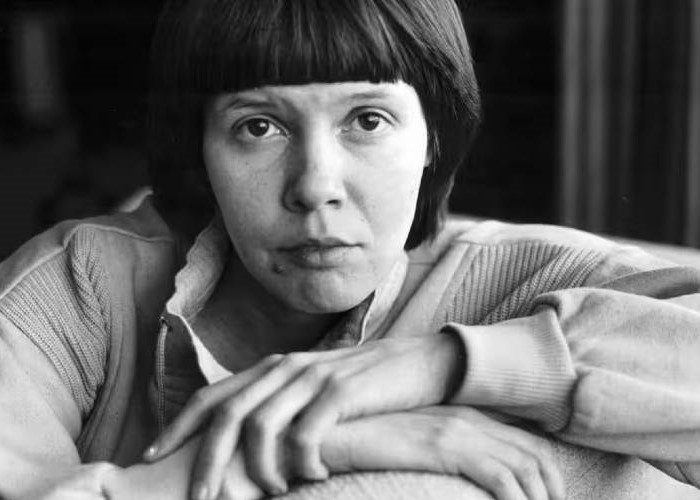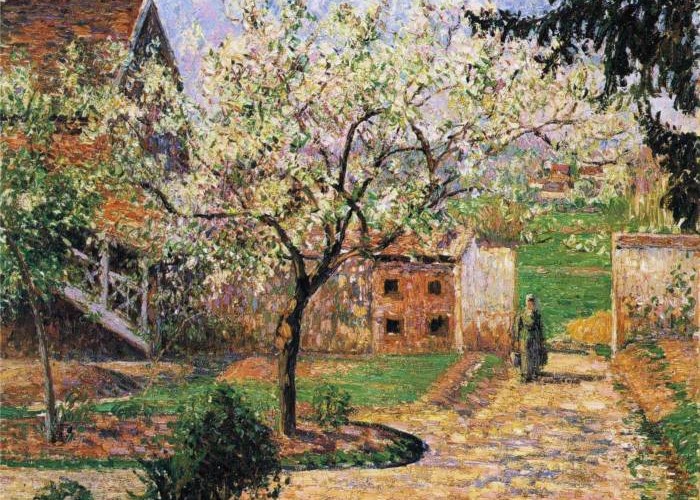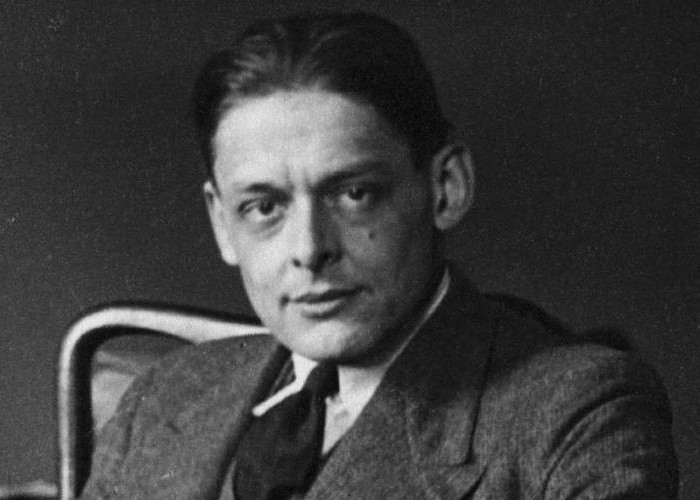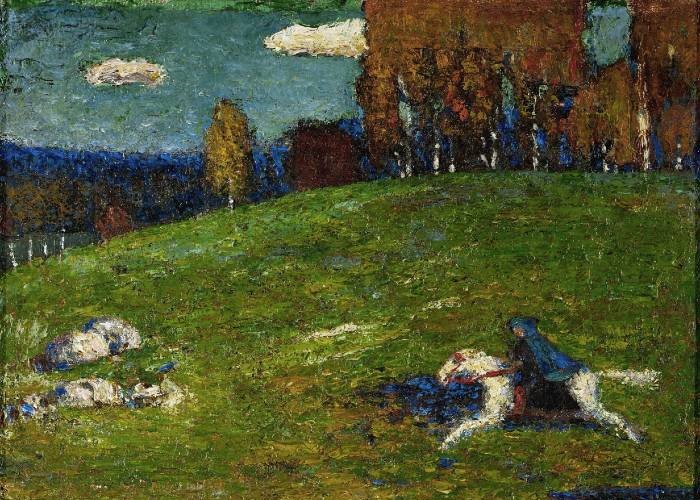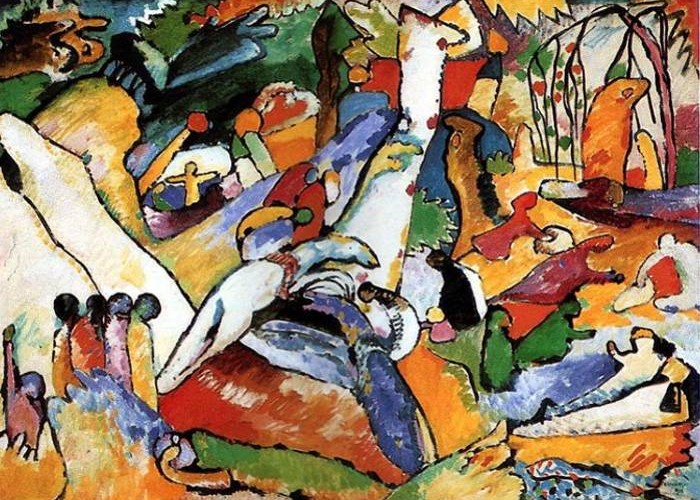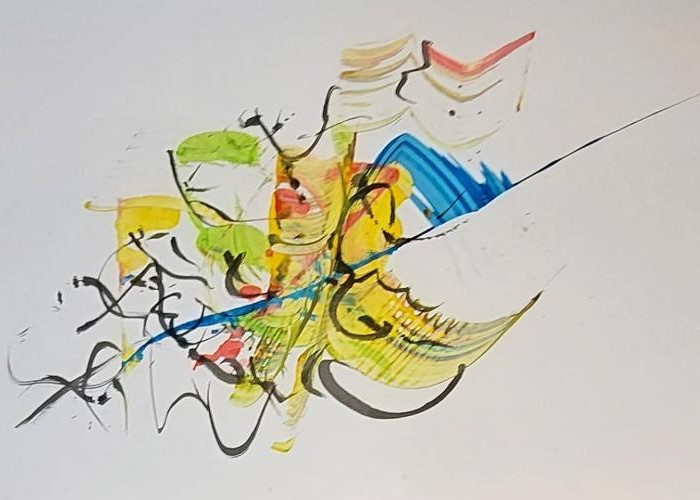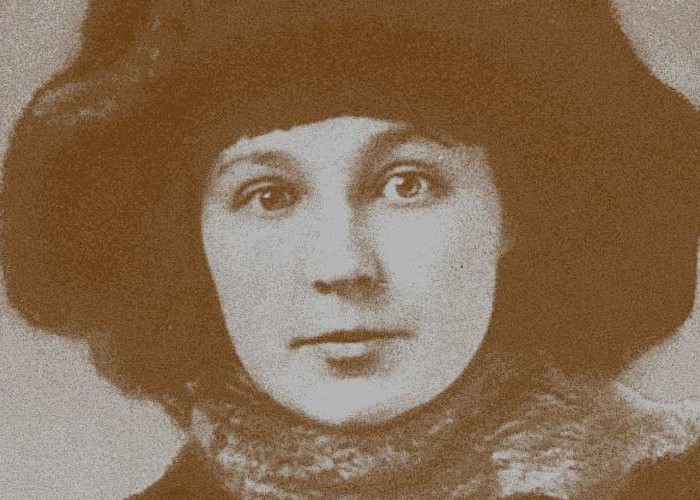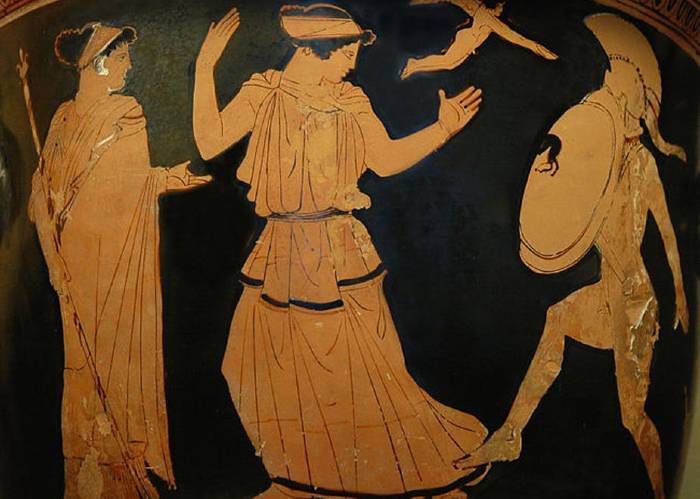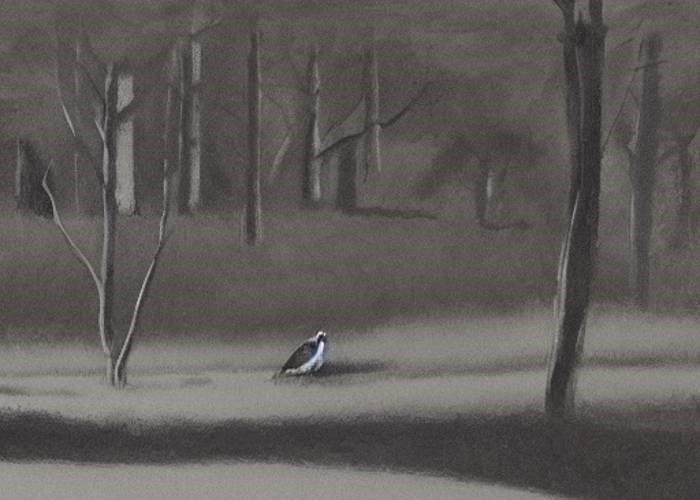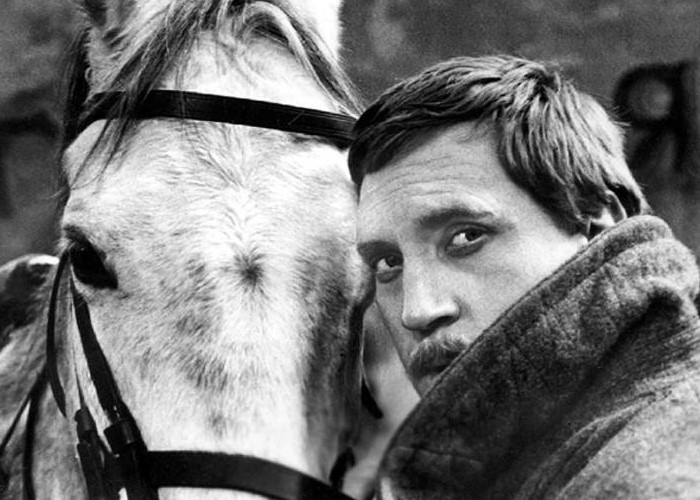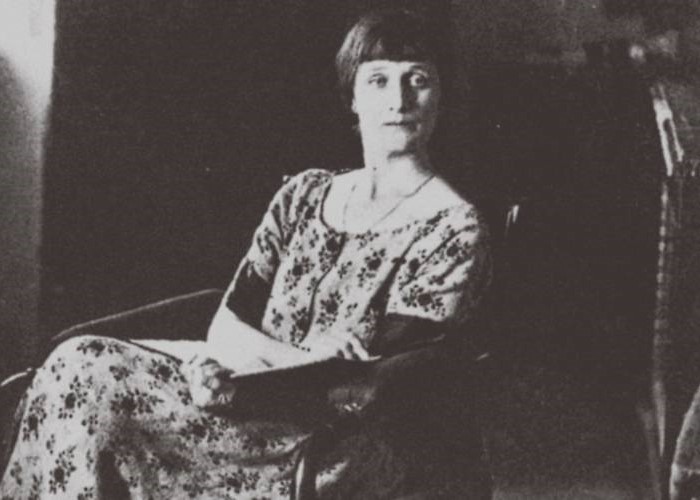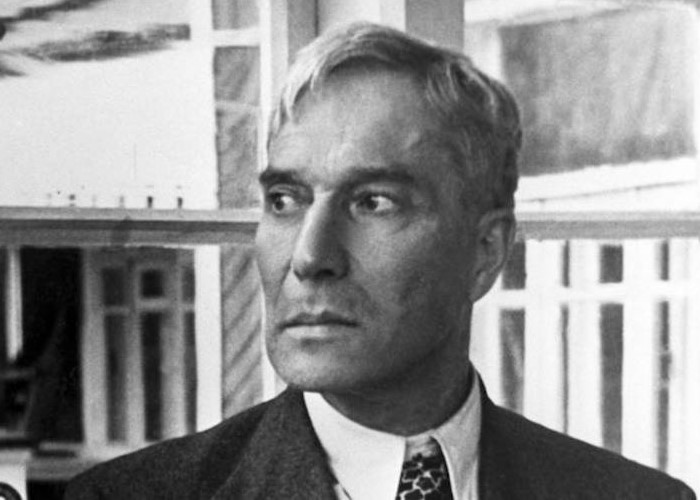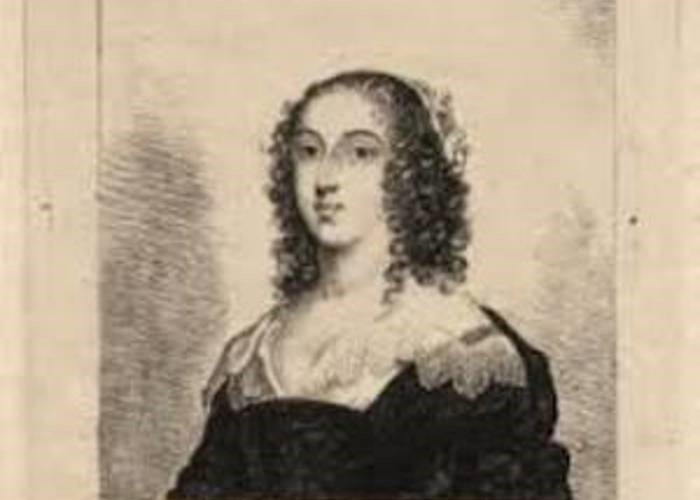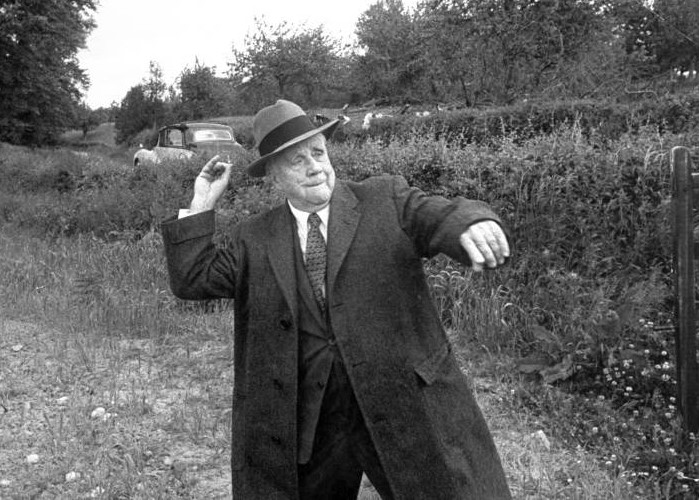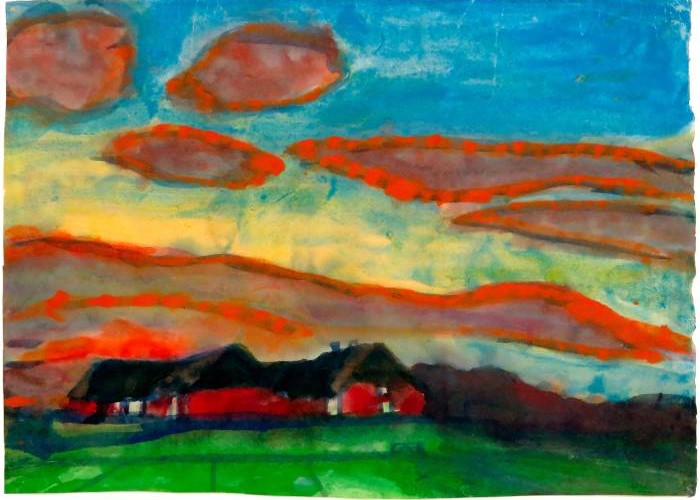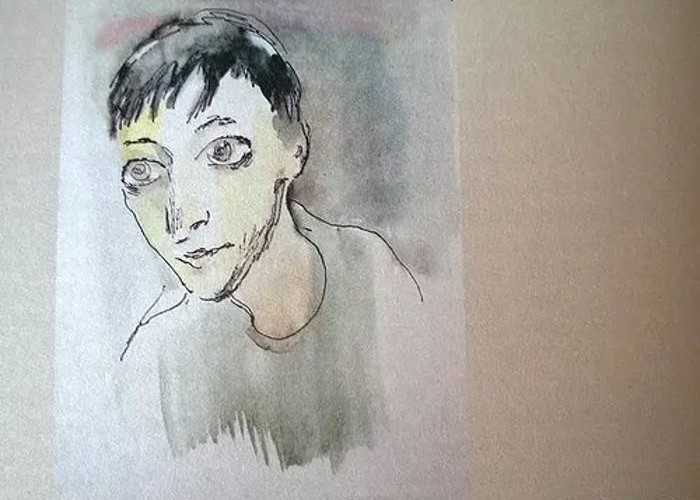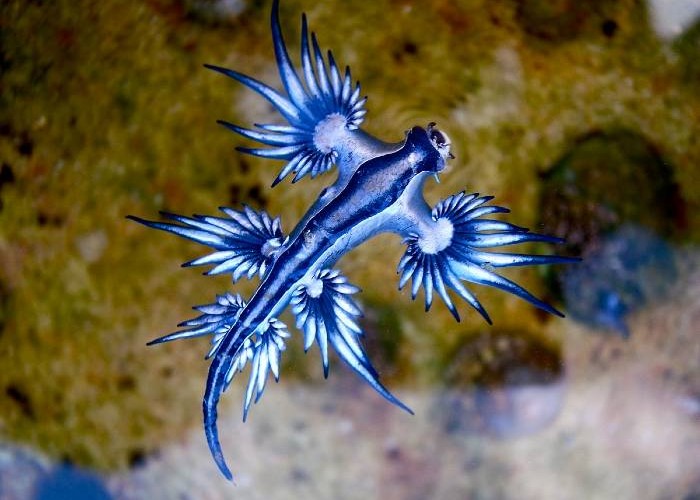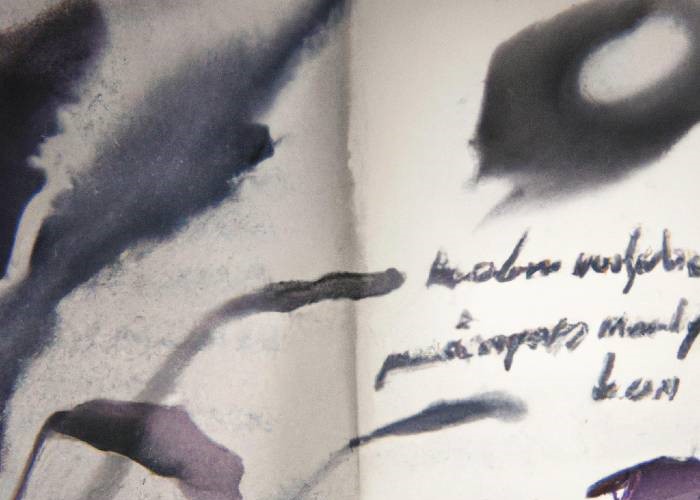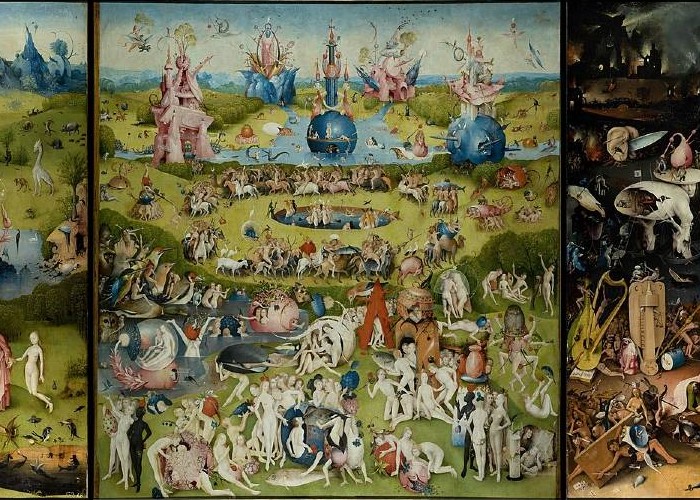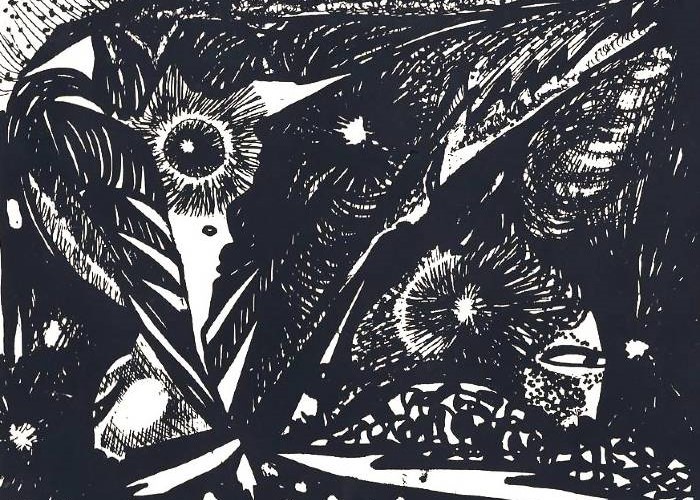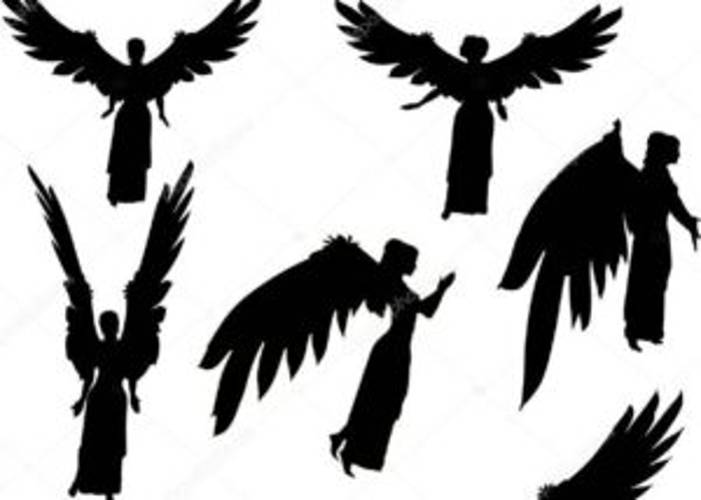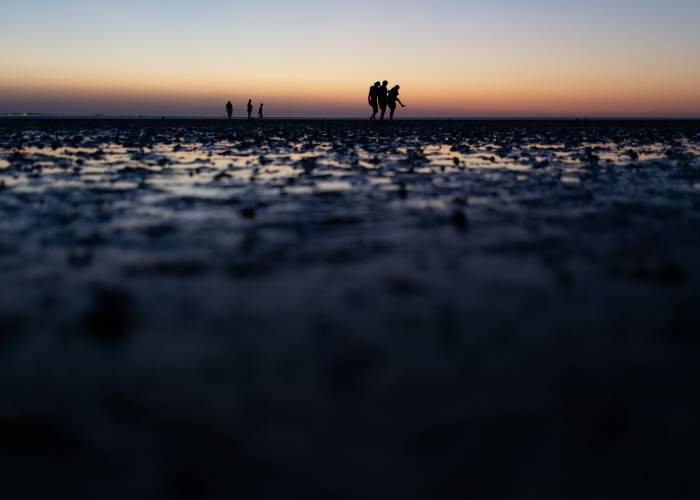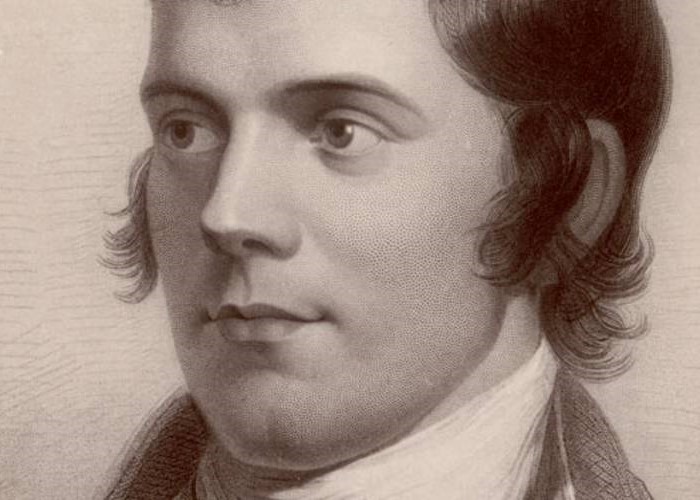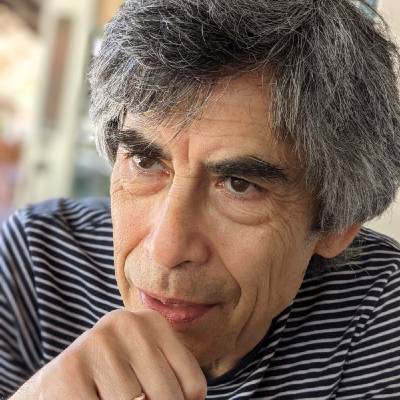The Inventory [1]
In answer to a mandate by the Surveyor of the Taxes
Sir, as your mandate did request,
I send you here a faithfu’ list,
O’ gudes an’ gear, an’ a’ my graith,
To which I’m clear to gi’e my aith .
Imprimis, then, for carriage cattle,
I hae four brutes o’ gallant mettle,
As ever drew afore a pettle .
My land-afore ‘s a guid auld has-been,
An’ wight an’ wilfu’ a’ his days been:
My land-ahin ‘s a weel gaun fillie,
That aft has borne me hame frae Killie. [2]
An’ your auld borough mony a time
In days when riding was nae crime.
But ance, when in my wooing pride
I, like a blockhead, boost to ride,
The wilfu’ creature sae I pat to,
(Lord pardon a’ my sins, an’ that too!)
I play’d my fillie sic a shavie,
She’s a’ bedevil’d wi’ the spavie .
My furr-ahin ‘s a wordy beast,
As e’er in tug or tow was traced.
The fourth’s a Highland Donald hastie,
A damn’d red-wud Kilburnie blastie !
Foreby a cowt, o’ cowts the wale,
As ever ran afore a tail:
Gin he be spar’d to be a beast,
He’ll draw me fifteen pund at least.
Wheel-carriages I ha’e but few,
Three carts, an’ twa are feckly new;
An auld wheelbarrow, mair for token,
Ae leg an’ baith the trams are broken;
I made a poker o’ the spin’le,
An’ my auld mither brunt the trin’le .
For men, I’ve three mischievous boys,
Run-deils for ranting an’ for noise;
A gaudsman ane, a thrasher t’ other:
Wee Davock hauds the nowt in fother .
I rule them as I ought, discreetly,
An’ aften labour them completely;
An’ aye on Sundays duly, nightly,
I on the Questions targe them tightly;
Till, faith! wee Davock’s grown sae gleg,
Tho’ scarcely langer than your leg,
He’ll screed you aff Effectual Calling,
As fast as ony in the dwalling .
I’ve nane in female servant station,
(Lord keep me aye frae a’ temptation!)
I hae nae wife — and thay my bliss is,
An’ ye have laid nae tax on misses;
An’ then, if kirk folks dinna clutch me,
I ken the deevils darena touch me.
Wi’ weans I’m mair than weel contented,
Heav’n sent me ane mae than I wanted!
My sonsie, smirking, dear-bought Bess,
She stares the daddy in her face,
Enough of ought ye like but grace;
But her, my bonie, sweet wee lady,
I’ve paid enough for her already;
An’ gin ye tax her or her mither,
By the Lord, ye’se get them a’ thegither !
And now, remember, Mr. Aiken,
Nae kind of licence out I’m takin:
Frae this time forth, I do declare
I’se ne’er ride horse nor hizzie mair ;
Thro’ dirt and dub for life I’ll paidle,
Ere I sae dear pay for a saddle;
My travel a’ on foot I’ll shank it,
I’ve sturdy bearers, Gude the thankit!
The kirk and you may tak you that,
It puts but little in your pat ;
Sae dinna put me in your beuk,
Nor for my ten white shillings leuk .
This list, wi’ my ain hand I wrote it,
The day and date as under noted;
Then know all ye whom it concerns,
Subscripsi huic,
Robert Burns .
Mossgiel, February 22, 1786.
________
NOTES
1: The “Inventory” was addressed to Mr. Aiken of Ayr, surveyor of taxes for the district.
2: Kilmarnock. — R. B.
* * *
Опись имущества
составленная по предписанию Налогового Инспектора
По предписанию властей[1]
Я, сэр, реестр составил сей.
За все именье дам отчет:
За утварь, души, двор и скот.
Imprimis, тягловая сила:
Судьба четверкой наградила
Из лучших, что в ярме ходили.
Мой выносной[2] — коняга сильный,
Он стар, норовист, но двужильный.
За ним кобылка молодая,
Ее оседлывал всегда я,
Чтоб в Эйр смотаться или в Килли[3],
Когда налогом не давили.
Да только гарцевал я раз
Перед невестой напоказ
И так загнал кобылку, олух,
(Ох, груз грехов моих тяжелых!)
Так отчихвостил, нрав ломая,
Что до сих пор она хромая.
Мой пристяжной отменно дюж,
Король меж тех, кто тянет гуж.
Из Килберни — мой пони горный,
Горяч, как доменные горны[4].
И жеребенок есть притом,
Король меж машущих хвостом;
Такой, Бог даст, мне через год
Пятнадцать фунтов принесет.
Колесных экипажей счесть
Нетрудно: три телеги есть
И тачка — звание одно:
Сломалась рукоять давно,
Спалила мать в печи другую,
А ось пустил на кочергу я.
Мужского полу — три мальца,
Три бедокура-сорванца:
Два в поле трудятся со мной,
Скотину кормит Дейв-малой[5].
Я ими правлю справедливо:
Подчас гоняю в хвост и в гриву,
По воскресеньям неуклонно
Учу их Божьему закону.
Наш Дэйви — славный ученик,
“Призванье действенное”[6] вмиг
Отбарабанит назубок,
Хоть ростом от горшка вершок.
Прислуги женской нет у нас
(Господь от искушенья спас!)
Жениться мне, авось, не скоро,
А за подружек нет побора,
И значит, я чистенек тут,
Коль не прижмет церковный суд[7].
Детишек, слава Высшей силе,
Одною больше, чем просил я.
Ах, крошка Бесси[8]! вся она
Умильной прелести полна,
Один изъян, что не стройна.
Но за нее, мою малышку,
Я заплатил сполна и лишку.
Налоги за нее с мамаши
Берите, обе будут ваши!
Прошу заметить, мистер Эйкен:
Я не ищу себе лазейки,
Клянусь, теперь силком меня
Сесть не заставишь на коня;
Коль за седло дерут три шкуры,
Я стану пешеход de jure,
Мои ходилки, слава Богу,
Любую вынесут дорогу.
Достанутся и вам, и кирке
Из моего кармана дырки,
Не ждите, чтобы ваш гроссбух
На десять шиллингов разбух.
Нижеуказанного дня я,
И смысл, и память сохраняя,
Сие писал в законной силе:
Subscripsi,
Роберт Бернс, в Моссгиле.
22 февраля 1786 г.
____________
[1] В 1875 году для сокращения национального долга премьер-министр Питт существенно дополнил перечень облагаемого налогом имущества, включив в него, среди прочего, прислугу женского пола. Это стихотворение обращено к налоговому инспектору графства Эйр м-ру Эйкену.
[2] Шотландцы запрягали в плуг трех лошадей: две цугом слева, со стороны еще не паханной земли (выносная, land-afore, и коренная, land-ahin) и одна справа, со стороны пашни (пристяжная, furr-ahin).
[3] Килмарнок (прим. автора).
[4] В городе Килберни, где Бернс купил этого коня, сталеплавильное производство было предметом местной гордости и дало жителям их прозвище (“blastie”, от “blast furnace” — “домна”).
[5] Дэвид Хатчисон, осиротевший сын крестьянина из Лохли, жил у Бернсов на ферме. Поэт был к нему очень добр, учил грамоте и нередко носил на плечах с поля. Он заботился о мальчике, пока тот не встал на ноги.
[6] “Действенное призвание” — предмет 31-го вопроса кальвинистского (Малого Вестминстерского) катехизиса.
[7] Церковный суд ревностно следил за нравственным обликом прихожан.
[8] Элизабет Пейтон Бернс, первый незаконный ребенок Бернса, прижитый им со служанкой матери, Элизабет Пейтон. Бесси было в это время около 15 месяцев.
